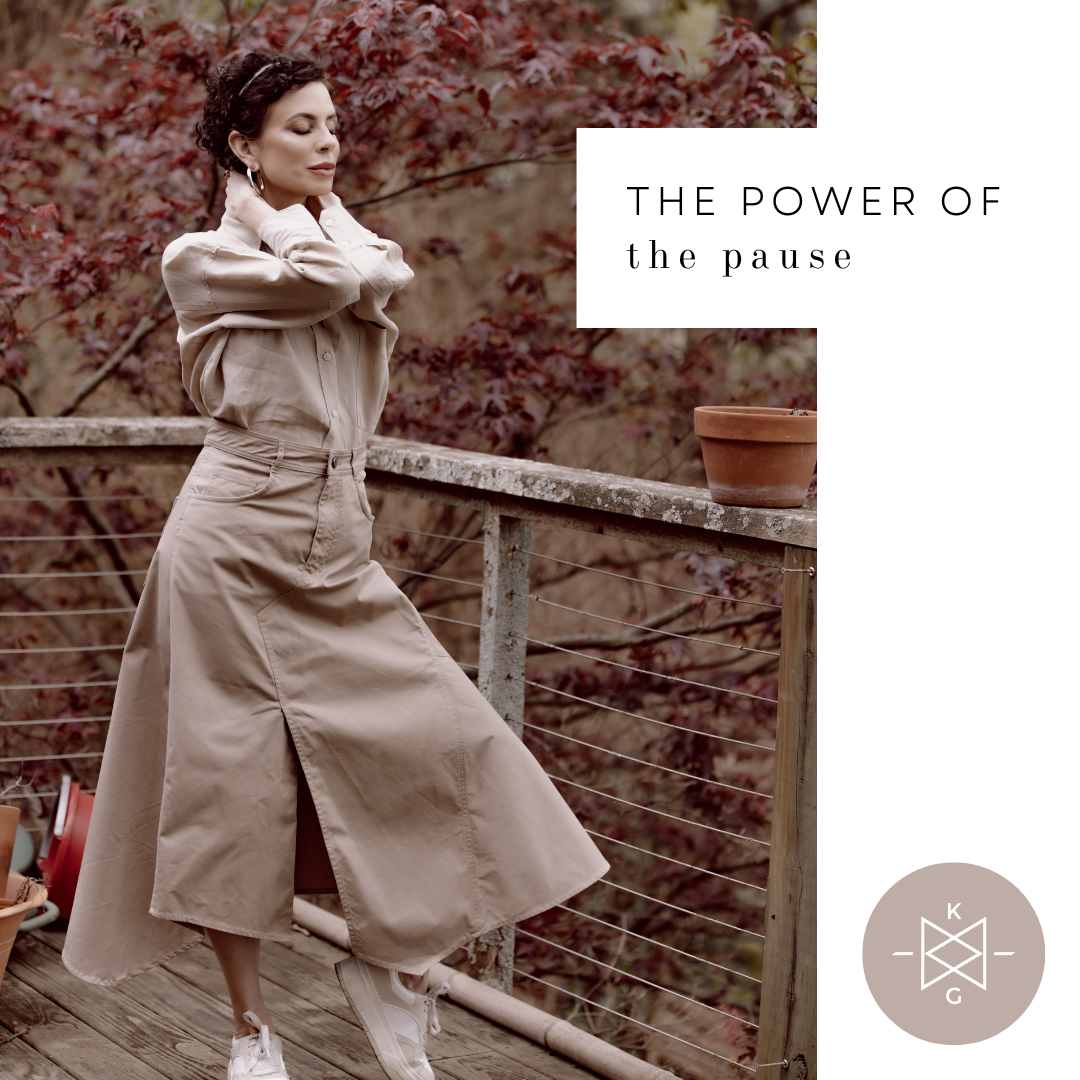The Power of the Pause
I swear I quote the late Dr. Frankl every day. Must mean I really need it! So, what’s the big deal? It sounds like a philosophic science experiment.
I’ll paint a beginners’ back drop.
Frankl was an Austrian neurologist, psychiatrist, and Holocaust survivor. Fluffy stuff, right? (Jk!)
His famous book, Man’s Search for Meaning, is stunning and tells the story of how he survived the Holocaust by finding personal meaning in the experience, which gave him the will to live through it. He went on to later establish a new school of existential therapy called logotherapy, based on the premise that man’s underlying motivator in life is a “will to meaning,” even in the most difficult of circumstances.
Okay, so how does this pertain to this powerful “pause” we’re talking about today.
I believe most of our problems in life stem from living out of reactivity rather than responsiveness. There’s a big difference. Reactivity might look like popping off at your co-worker (or significant other), flipping someone off in traffic, yelling at your toddler when they have a melt down in Trader Joe’s (who…me?), or even playing the victim when confronted with disappointing news.
Reactivity is this quick, reflexive, emotional way of meeting those tricky curve balls life has and will continue to serve us.
Responsiveness, on the other hand, is a more intentional, thoughtful way of meeting those same curve balls.
The inconvenient stimuli will always be a part of life. It’s how we create space and meaning in the in-between that invites us to more freedom and purpose.
I believe through my own experience that the opposite of depression isn’t happiness—it’s purpose. It’s meaning making.
I believe we do this a bit easier through the Power of the Pause.
This is an effective tool I teach, especially when helping groups and individuals apply the Enneagram. And it’s ridiculously easy—maybe so much so we overlook it.
It doesn’t require a 20-minute meditation, although I heartily believe in those too if you’re the meditating type.
It requires a simple self check-in whenever we get triggered. Before you spin out and go postal, take a space of 30 seconds to a minute to simply pause, breath deeply, and ask yourself, “what am I believing about me right now?” those beliefs often go like this:
“I’m a terrible mom.”
“I fear this will never end.”
“No one understands me.”
“You make me feel worthless and helpless.”
“I’m too much.”
You get the idea. When you stop to investigate what’s coming up in any experience, and bring some inquiry and fact-checking into the mix, it’s easier to take the emotion out of it and RESPOND rather than react.
So, push this around this week in your own experience. Practice taking a pause or several throughout the day to explore what’s really going on inside and just BREATHE. Even this little practice can create the space to step into your wise, loving, adult self and leave that adaptive, reactive self in the rearview mirror.
The best part of this? It really works! Try it on for size and let me know what you think.

